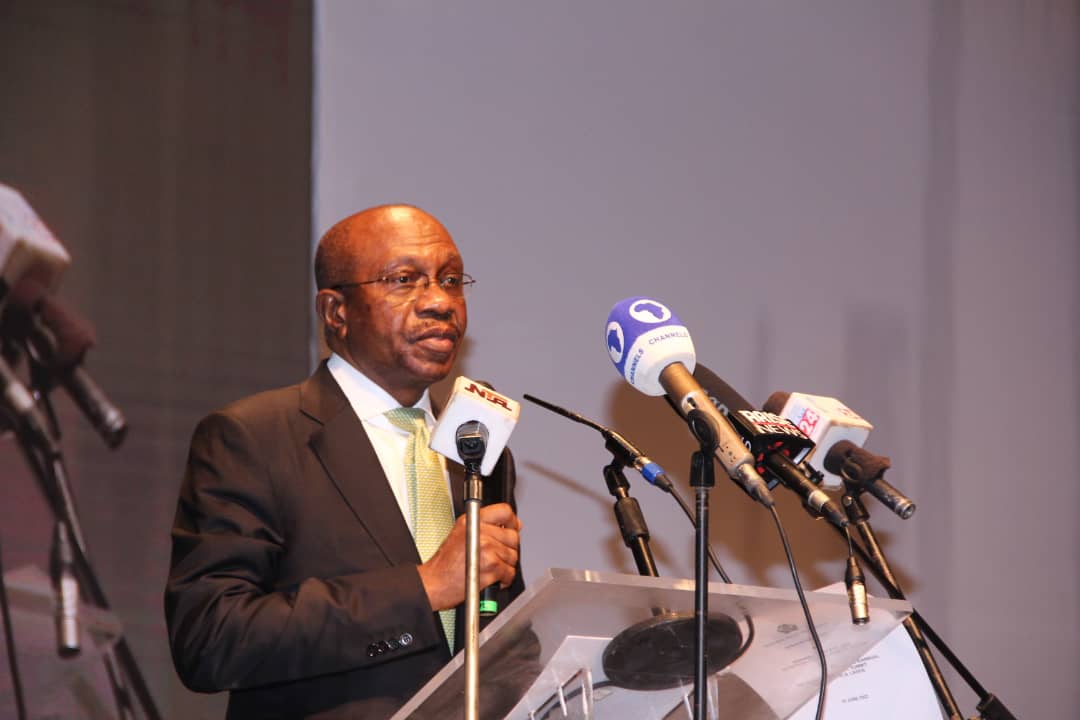Business
Electronic Auction Platform, Most Authentic For Goods -NCS

The Nigeria Customs Service (NCS) has restated that electronic auction (e-auction) platform of the Service at https://app.trade.gov.ng/eauction/ is functional and remains the only authentic means of auctioning goods to members of the public.
The Service in a statement issued in Abuja by its Public Relations Officer, Deputy Comptroller Timi Bomodi, noted that this clarification became necessary following rumours that a special auction of over 7000 cars would soon be held by the Service.
It reiterated that auctions are periodic and advertised in advance on the Service’s website to avail members of the public the opportunity of selecting and bidding for items of their choice.
NCS recalled that the Service deployed the e-auction platform in July 2017 specifically to improve efficiency in revenue generation to the Federal Government and also provide equal opportunities to all Nigerians in the seamless disposal of seized/condemned and overtime/abandoned cargoes.
“Since its implementation, the e-auction has lived up to expectations by guaranteeing transparency and integrity in the auctioning process.
“Requirements to take part in the e-auction bidding process by interested public/bidders include:
“Applicant must have a valid tax identification number (TIN) issued by Federal Inland Revenue Service (FIRS) with an active e-mail account for the issued TIN.
“Conditions and Terms of this auction are to be carefully considered by an interested person before acceptance.
“Applicant must ensure he/she has an authentic and nationally accepted means of identification, i.e. international passport, driver’s license, national identity card or voters card.
“Other guidelines can be found on the e-auction portal at https://app.trade.gov.ng/eauction/.”
The statement, however, advised owners of uncleared vehicles at the ports to avail themselves of the VIN-Valuation protocols which it said had simplified, automated and made user-friendly the clearance procedure.
By: Nkpemenyie Mcdominic, Lagos
Business
Nigeria’s ETF correction deepens as STANBICETF30, VETGRIF30 see 50% decline in a week

Business
BOI Introduces Business Clinic

Business
Dangote signs $400 mln equipment deal with China’s XCMG to speed up refinery expansion

-
Maritime5 hours ago
Customs Declares War Against Narcotics Baron At Idiroko Border
-
Maritime5 hours ago
NIMASA,NAF Boost Unmanned Aerial Surveillance For Maritime Security
-
Maritime5 hours ago
Nigeria To Pilot Regional Fishing Vessels Register In Gulf Of Guinea —Oyetola
-

 Business5 hours ago
Business5 hours agoBOI Introduces Business Clinic
-
Maritime5 hours ago
NIWA Collaborates ICPC TO Strengthen Integrity, Revenue
-
Maritime5 hours ago
NIMASA GETS NEW MARITIME GUARD COMMANDER,ADOKI
-

 Business5 hours ago
Business5 hours agoDangote signs $400 mln equipment deal with China’s XCMG to speed up refinery expansion
-

 Politics5 hours ago
Politics5 hours agoGroup Hails Tinubu’s Swift Assent To 2026 Electoral Bill

